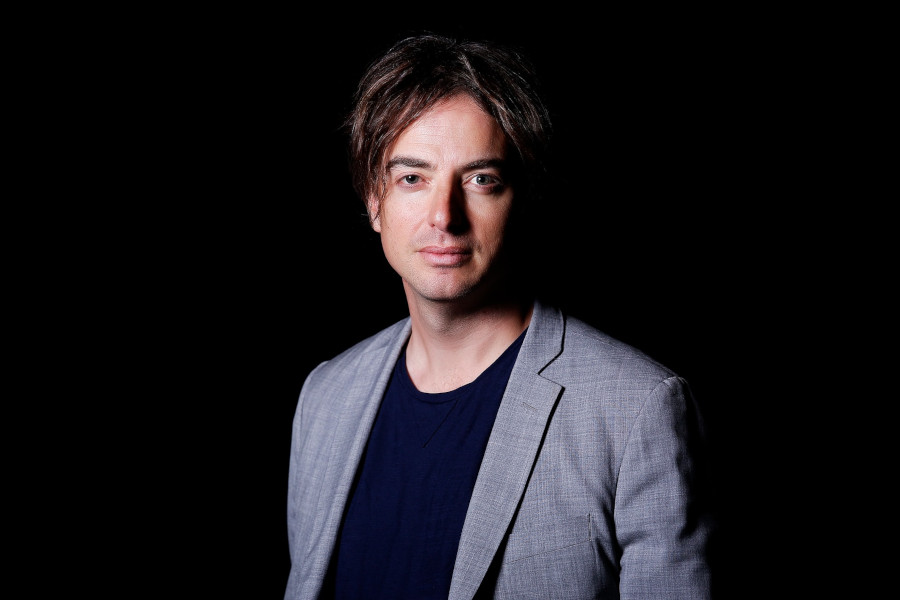To crown its 2022/2023 season, Wrocław Baroque Orchestra will perform very popular works by Wolfgang Amadeus Mozart, Franz Schubert, and Ludwig van Beethoven under the baton the excellent Jérémie Rhorer.
The first work in the programme is the Symphony in C major “Jupiter” by Wolfgang Amadeus Mozart, completed in 1788 and considered one of the masterpieces of late Classicism. We are not sure who or why gave the work such a subtitle. Mozart’s son pointed to the London impresario Johann Peter Salomon, while another clue leads to the publisher Johann Baptist Cramer, who associated the sounds opening the majestic work, preceded by ascending triols, with Jupiter throwing thunderbolts.
The history of the composition of Franz Schubert’s Symphony in B minor, commonly known as “Unfinished”, is quite mysterious. In 1823, the Music Society in Graz decided to award the composer an honorary diploma. To return this honour, the artist gave the institution the score of one of his compositions. The choice fell on a symphony consisting of the first two movements and two orchestrated parts of the third movement. Schubert gave the manuscript to a friend and member of the Society, but the latter kept it to himself, and only after more than forty years did he admit that he had it. The first performance of the symphony in Vienna in 1865 received wide coverage, and the “new” work quickly entered the symphonic canon. Music lovers immediately fell in love with this melancholy, dark and at the same time lyrical music, in which the great melodic gift of the composer was once again revealed.
The concert will end with the performance of Ludwig van Beethoven’s Leonore Overture No. 3. The composer struggled with writing an overture to Fidelio. He penned four versions of it, three of them called Leonore No. 1, No. 2, No. 3, and Fidelio, which was eventually included in the opera. Leonore No. 3 is considered the best of them. However, as it is an extended and dramatic composition, it would not work well as an introduction and would overwhelm the first act of the opera. It works perfectly as an independent concert work with its drama and panache. Beethoven also included a theatre element in it – a trumpet solo played from behind the scenes, symbolizing the arrival of the Minister, which saves Florestan, the protagonist.

